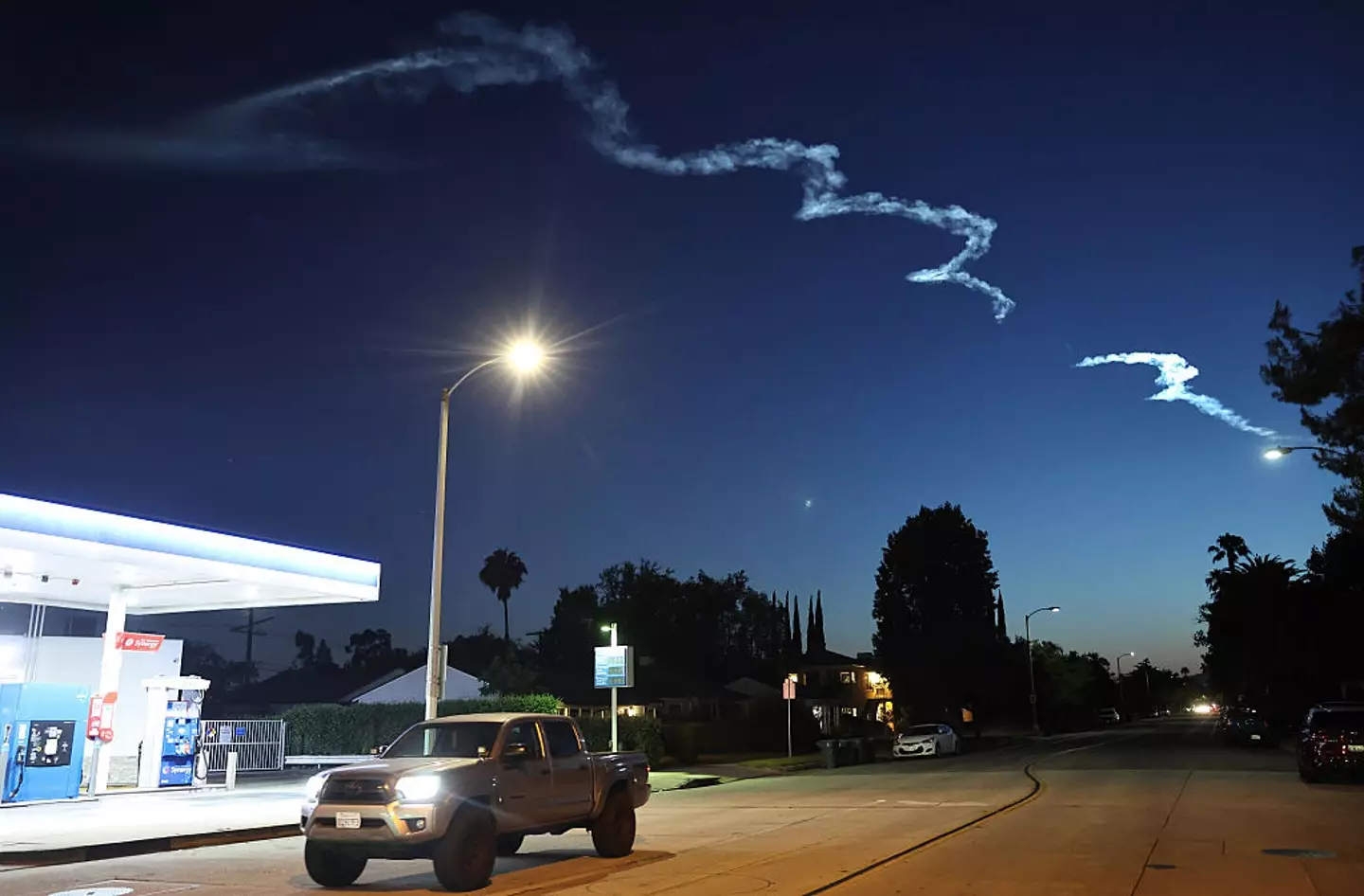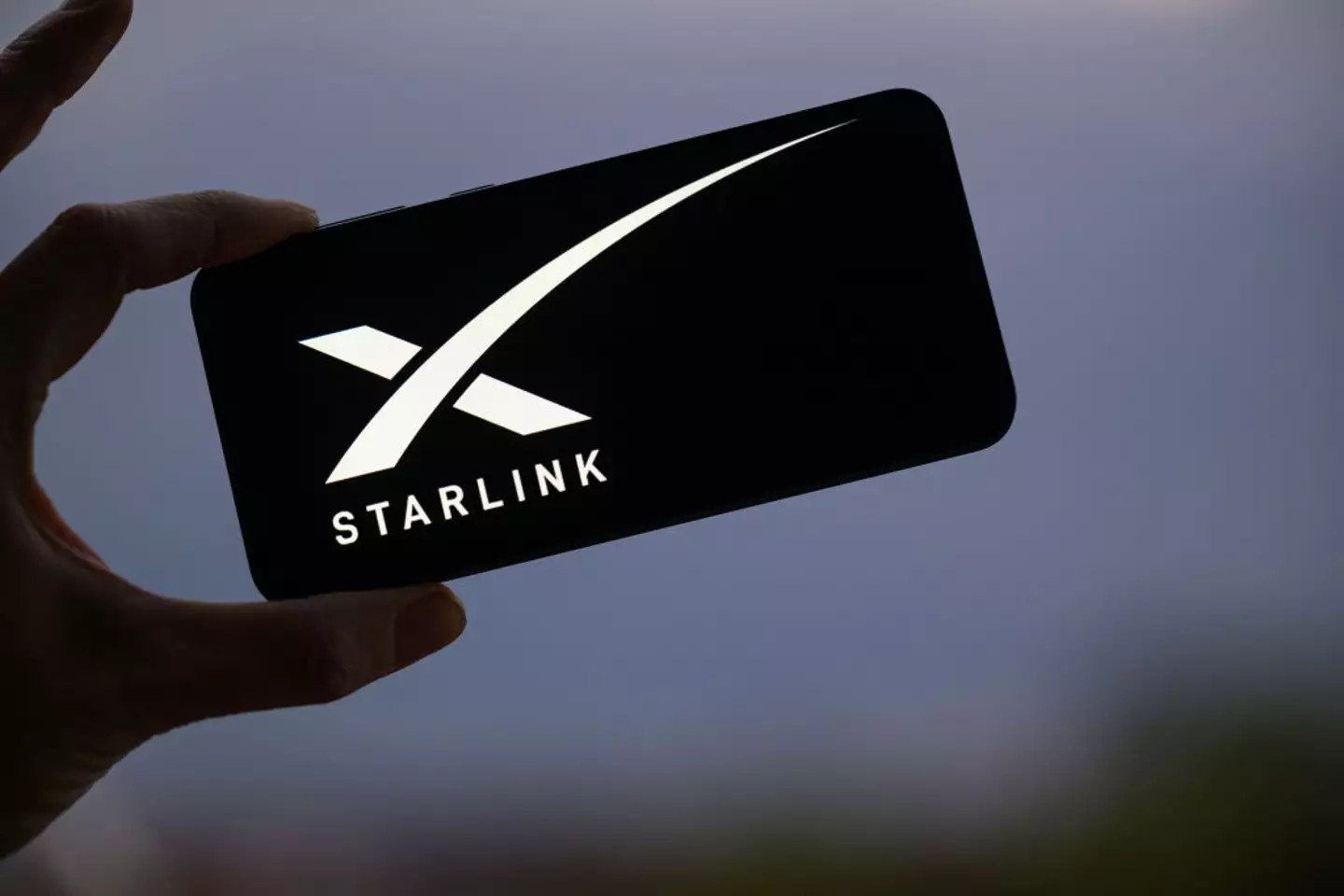
SpaceX's Starlink satellites are causing problems for astronomers trying to study the farthest reaches of the universe.
What was marked as an exciting leap forward in space technology is now threatening scientists' ability to make telescopic observations.
Researchers at Curtin University decided to take a closer look at how Starlink satellites were affecting their observations. Led by radio astronomy professor Steven Tingay, the team used a prototype telescope from the Square Kilometre Array in Australia to track signals of nearly 2,000 SpaceX satellites.
According to New Scientist, the team found that radio emissions from the Starlink satellites were interfering with a third of their data.
Advert
It turns out the Elon Musk-led space company is threatening astronomers' efforts to study the universe.

Unfortunately, this problem is only getting worse.
As of June, SpaceX has more than 7,600 satellites in low-Earth orbit, which is about two-thirds of all the working satellites in orbit combined.
The company plans to launch tens of thousands more satellites in the coming years. Meanwhile, competitors like Jeff Bezos' Project Kuiper just launched its second batch of rockets yesterday (16 June) - part of a proposed 80 launches to put 3,200 satellites in low orbit.
Tingay reported that the small satellites' electronics could be accidentally transmitting radio signals through their antennas.
"If you look at the signal strength produced by these unintended emissions, it’s not unusual for them to be comparable to the brightest natural radio sources in the sky," Tingay said. "It’s like taking the strongest sources in the sky and putting a bunch more artificial ones in the sky and making them move around a lot — that has a lot of impact, especially on experiments that seek to be ultra-sensitive."

SpaceX's signals are reportedly protected by the International Telecommunication Union and it's unclear whether the company is actually breaking any laws.
"No one’s breaking any rules from SpaceX or Starlink — these types of emissions are not regulated," Tingay explained to New Scientist. "But it is starting to become a discussion in the ITU as to how regulations over this type of emission could be introduced."
SpaceX satellites have been causing issues for astronomers for some time now. Before the radio interference, the satellites were showing up as bright streaks in the night sky, ruining photos and observations for optical telescopes.
In response, anti-reflective coatings and manipulating their orientations have allowed less disruption in astronomical surveys.
"The best way to stop this unintended emission is for the satellites to either reduce it or to stop it," coauthor and Curtin University masters student Dylan Grigg told New Scientist. "From the operators’ side, it would be great to have mitigations on the satellite, and SpaceX has done that already in optical astronomy."